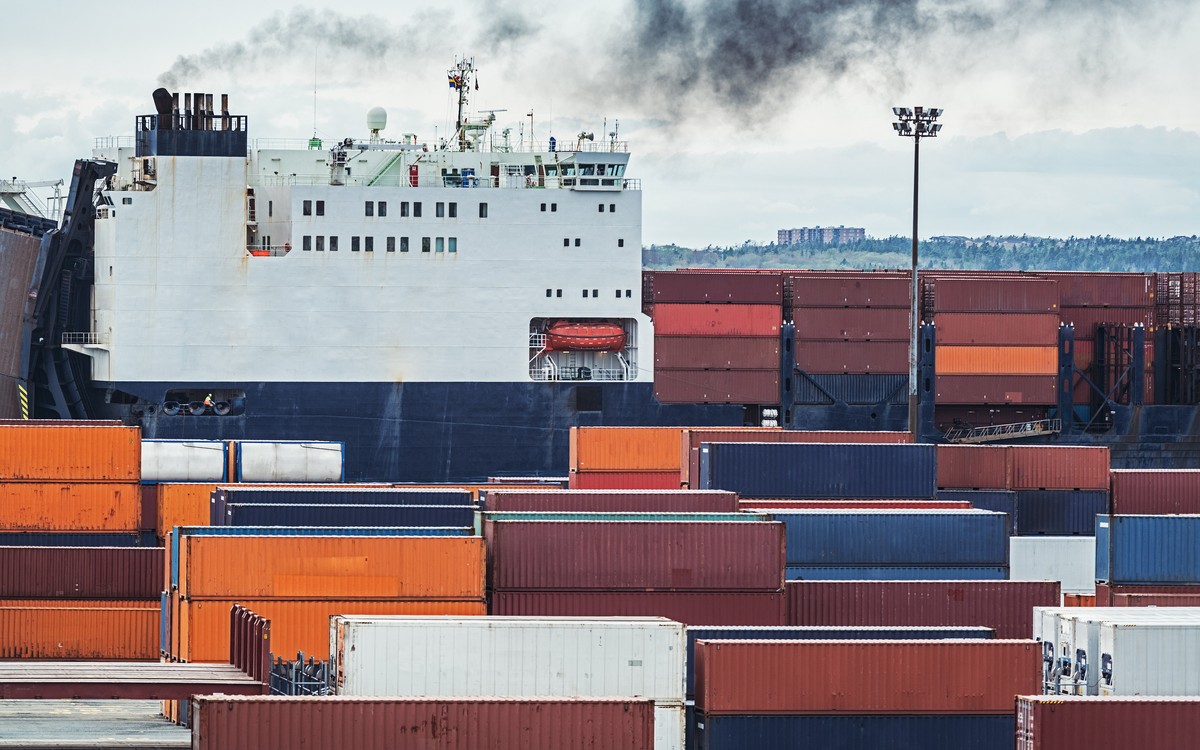Study Confirms Low Sulphur Fuels Are a Greenhouse Gas Timebomb
On 1 January 2020, the maritime industry changed tack.
To comply with IMO 2020, most of the world’s shipping fleet switched from high sulphur fuel oil (HSFO) to low sulphur fuel oil (LSFO).
After decades of use, HSFO was effectively banned, though an exception was made for shipowners who chose to fit an exhaust gas cleaning system, or marine gas scrubber.
This last decision could have been one of the best the IMO made in the process of establishing new sulphur oxide (SOx) emissions targets.
Despite burning high sulphur fuel oil, ships fitted with scrubbers emit cleaner exhaust gases than the thousands of vessels using LSFO. And they’re saving money too.
Contrary to the hysteria calling for the total elimination of heavy fuel oil from the global marine energy mix, the combination of HSFO and a scrubber continues to gain credibility as the most environmentally sound response to satisfying new greenhouse gas (GHG) limitations.
The motivation for the International Maritime Organization’s (IMO’s) new regulation was a need to lower the sulphur content of marine fuel to 0.5% or below.
But, as more scientific evidence emerges, it seems there may have been gaps in the IMO’s thinking. Perhaps insufficient consideration was given to the full environmental impact of burning LSFO.
Gas scrubbers are better for the environment
Low sulphur fuels contain lower levels of SOx and nitrogen oxides (NOx) than HSFO.
However, research recently submitted to the IMO by Germany and Finland confirms that the overall effect of burning LSFO is environmentally negative.
Very low sulphur fuel oil was only developed recently in order to create a fuel that would comply with the IMO’s 2020 SOx requirements. It has not had widespread use for a prolonged period of time.
It is not fully understood.
The Finnish/German paper details the results from controlled burnings of various marine fuels, and blended LSFO showed a marked increase in black carbon emissions.
Second only to CO2 in terms of the maritime industry’s contribution to climate change, black carbon is a dangerous greenhouse gas. It is responsible for 7% to 21% of shipping’s overall GHG equivalent impact.
Despite the IMO’s proposed commitment to reducing carbon emissions – the organization has set an ambitious target of halving maritime production of GHG by 2050 – the explosion in LSFO use could spell disaster for its air pollution negation strategy.

The recent study found that “new blends of marine fuels with 0.50% sulphur content can contain a large percentage of aromatic compounds which have a direct impact on black carbon emissions”, and “demonstrated that the combustion of fuels with higher aromatic content emits higher concentrations of black carbon.”
Thanks to the fuel price spreads, scrubbers save money too
When burnt, LSFO blends showed a 10% to 85% increase in black carbon emissions compared to heavy fuel oil, and between 67% to 145% increase when compared to marine-quality distillate fuel.
Distillate fuels, however, have their own questionable carbon record.
A study published last year by the independent Norwegian research organization, SINTEF, considered the full lifecycle of marine fuel production. It found that the global production of LSFO emits far more GHG than the production of HSFO.
In the report, SINTEF’S Chief Scientist, Dr Elizabeth Lindstad, concludes that, measured from well to wake, using HSFO with an exhaust gas cleaning system (marine gas scrubber) was the most environmentally beneficial way of meeting IMO 2020 requirements.
Her views are corroborated by the findings in Germany and Finland’s latest paper, which has been submitted for discussion at the next meeting of the IMO’s Sub-Committee On Pollution Prevention And Response (PPR7).
The submission includes a call to phase out fuels with high black carbon emissions.
Shipowners who have fitted their vessels with scrubbers may have a wry smile at this proposal.
They will be comfortable in the knowledge that, despite burning high sulphur fuel oil, their ships emit cleaner exhaust gases than the thousands of vessels using LSFO.
And, thanks to the fuel price spreads, they’re saving money too.
Would you like to discuss more?
Our global team of advisors with years of combined experience in the marine sector are on hand to discuss your project.